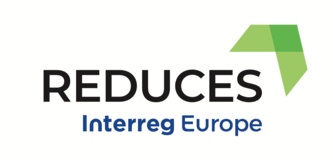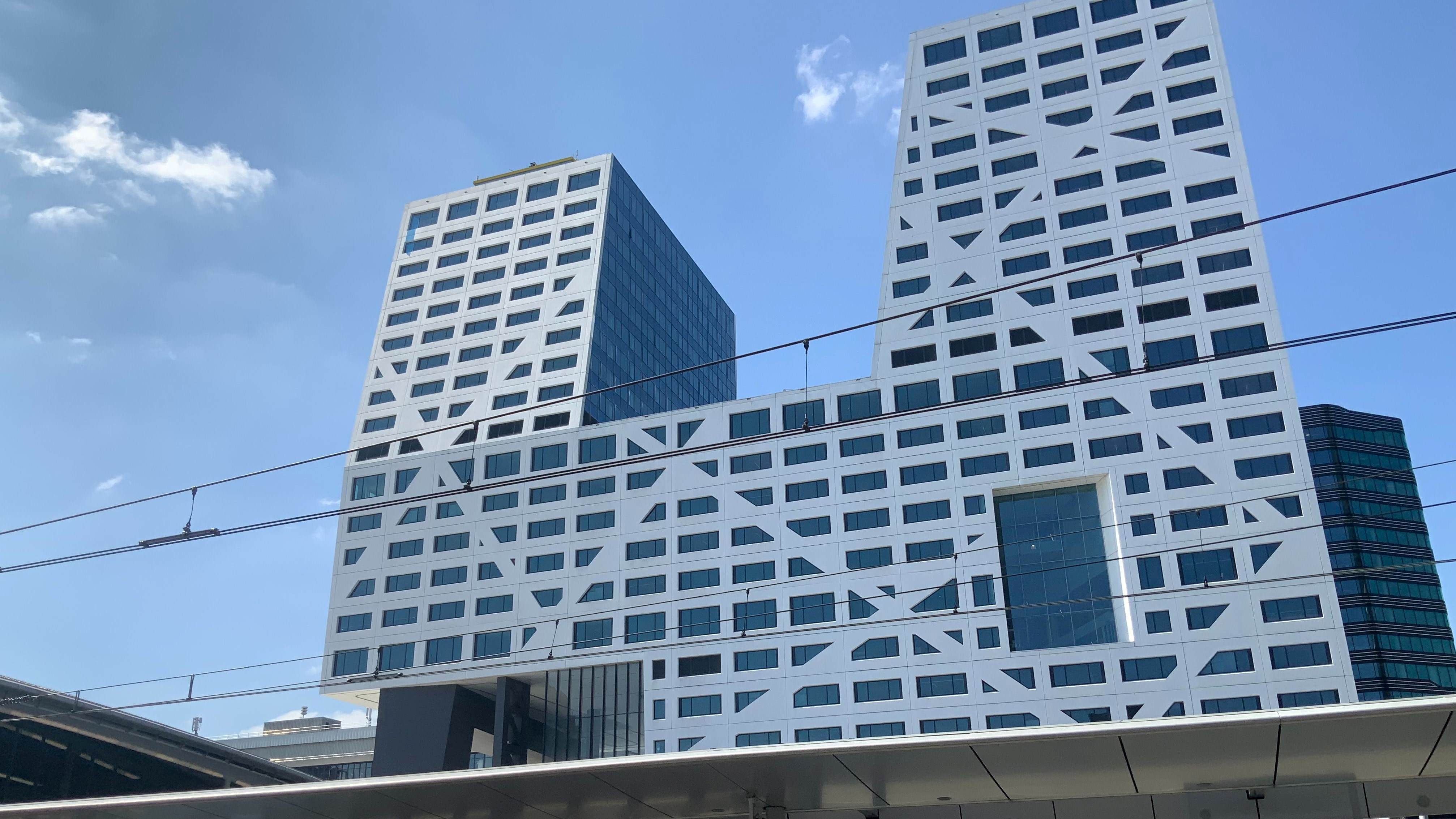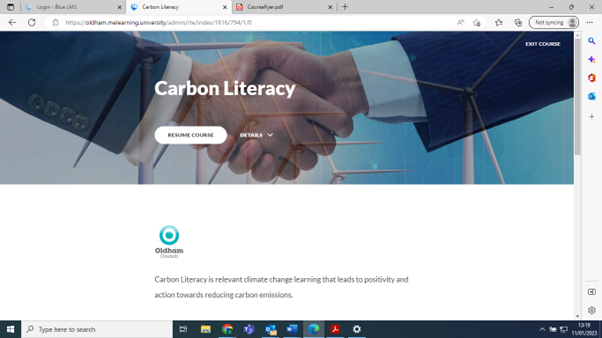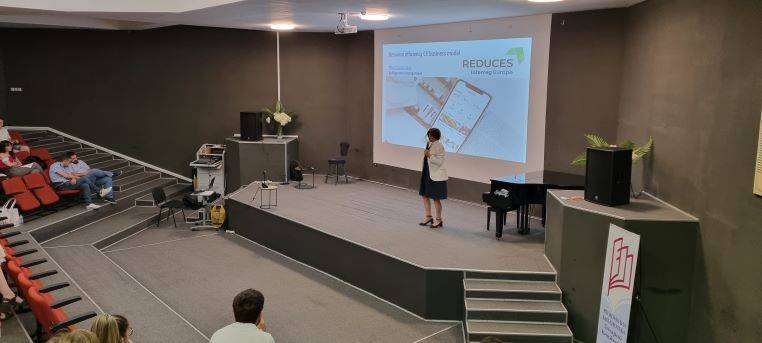On 10th-11th March, 2nd interregional meeting took place in Valencia, Spain. This two-day event brought together more than twenty professionals and authorities dealing on circular economy, which presented, analysed and discussed latest developments and advances in the field of the circular economy, and new business models based on circular principles, deepened especially in those that promote product life-extension.
The objective of the meeting was to reflect on sustainable development through the use of circular economy models, since the exchange of experiences and knowledge within and between regions is key to the development of action plans that support environmentally sustainable business models within each region.
During the first day an open session to the wide public was held where initiatives related to the circular economy in the Comunitat Valenciana, were presented. The presentations were focused on the built environment and construction sector, as the policy instrument of application in this region is directly linked with the design and quality principles that a housing should meet.
During the afternoon, two study visits were made, the first to Okambuva coop. to learn from the first-hand about the benefits of bioconstruction with rice straw modules from the Albufera de Valencia. Then all the partners and stakeholders of the project went to the facilities of inHAUS, a company dedicated to the construction of 100% prefabricated houses in a factory, which are afterwards moved to their plots, reaching this type of construction high quality standards, the reduction of waste during construction as well as the later recovery of 80% of the construction materials.
On the second day, a workshop session was held involving partners and stakeholders from all participating regions. Business models, focused on product life-extension, operating in each of the regions were presented and discussed. These inspiring good practices come from sectors so different as textiles (Lounais-Suomen Jätehuolto, Stitched up), furniture (Arkea Oy), technology (Leapp), buildings (Werkspoorkwartier, okambuva, inHAUS, ) and others. Later on, project partners' meeting was held to address specific management issues and discuss the evaluation systems of the different activities planned in the project.











